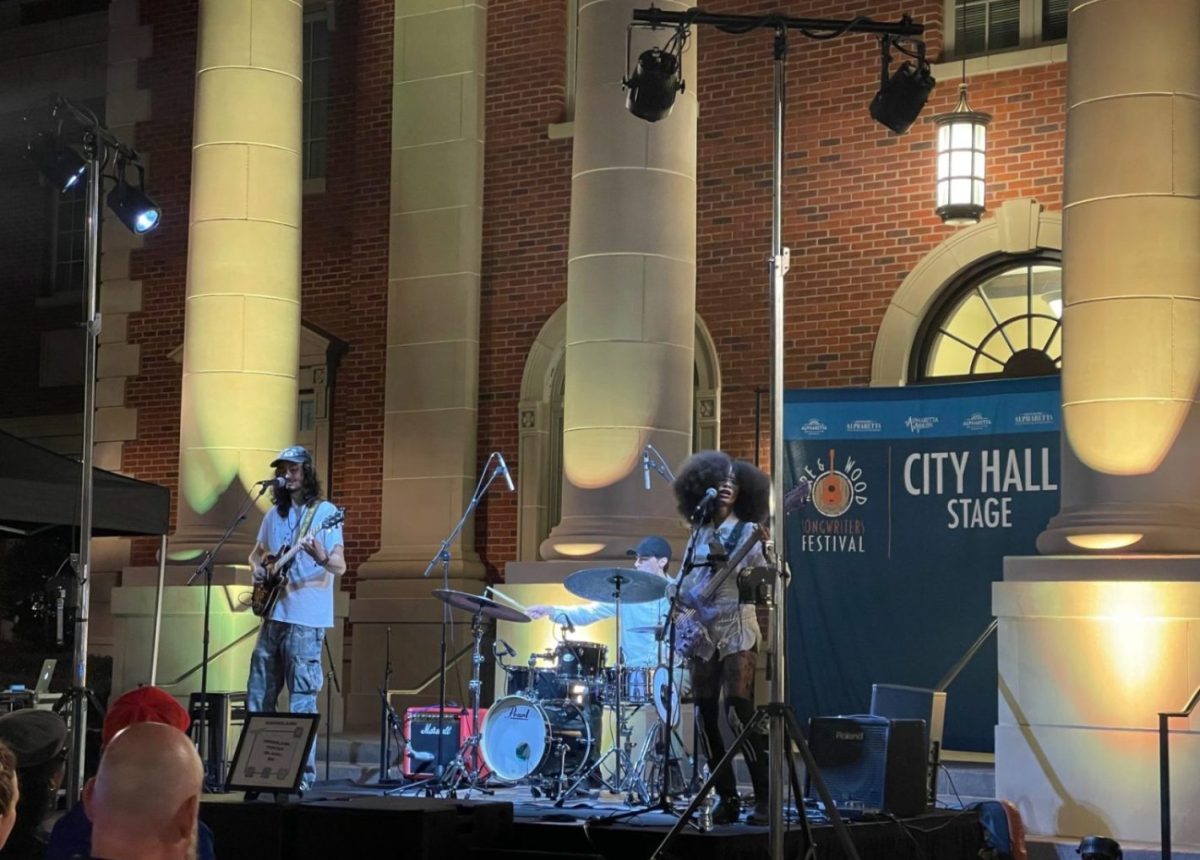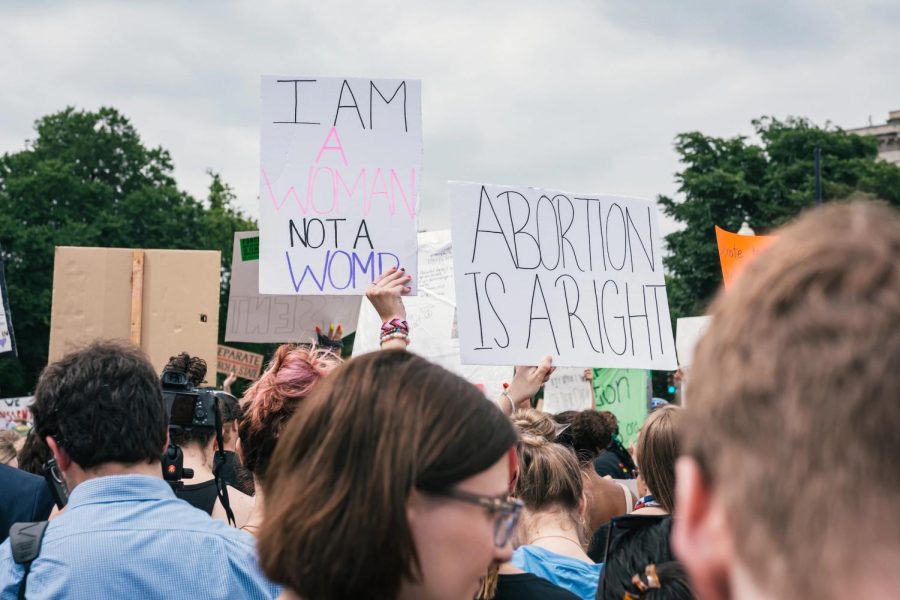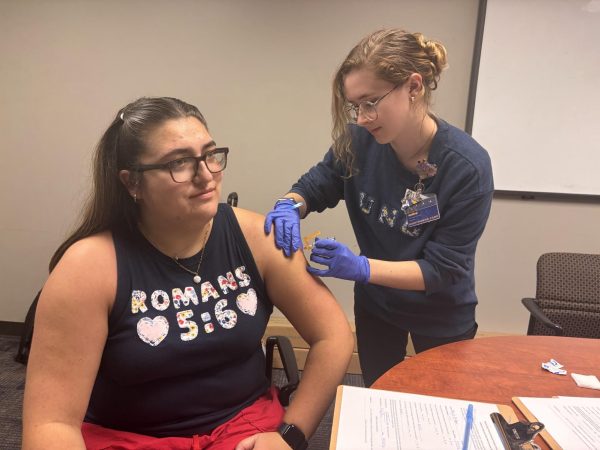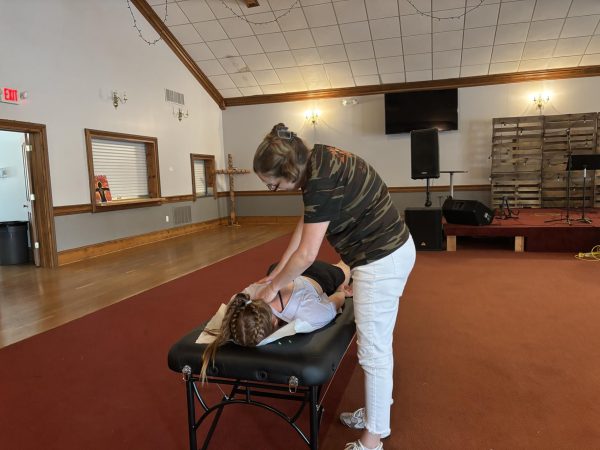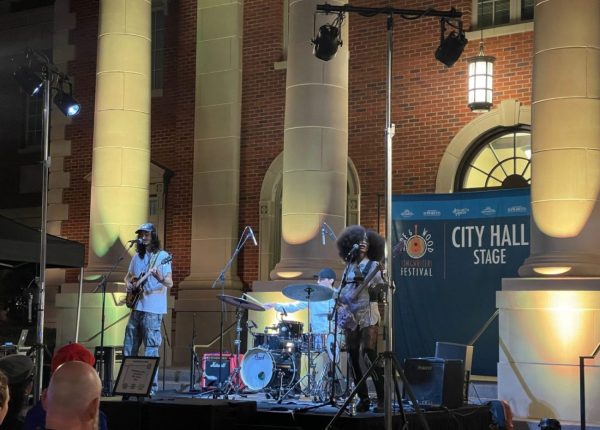Georgia’s Fight for Reproductive Rights
Democratic Georgia lawmakers have partnered with the Amplify Georgia Collaborative to fight for safe, accessible abortions within the state. The Reproductive Freedom Act was filed on Jan. 24 of this year, and aims to repeal House Bill 481 while broadening the network of resources available to those seeking abortions.
Georgia’s current abortion laws limit the term for legal abortions to six weeks after conception, a point in pregnancy when most people do not know of the fetus’s existence.
According to the Amplify Georgia Collaborative, a group of organizations that advocate for reproductive rights, 70 percent of Georgia voters are against additional restrictions on abortions. The group argues that House Bill 481 targets individuals “who already deal with discriminatory barriers to healthcare—Black, Indigenous, and other people of color; immigrants, women, queer and trans folks, and young people; rural Georgians and people working to make ends meet.”
Many women in Georgia feel threatened by the excessive debate over reproductive rights. “It makes me feel unsafe,” says Ashley Behrend, a 23-year old Portuguese major at the University of North Georgia. “I feel like if I change birth control, buy emergency products, or even condoms to have safer sex, I am being judged.”
Much of this debate was sparked by the overturning of Roe v. Wade. Janet Mendoza, a 20-year old University of Georgia student studying healthcare, says, “I think [it’s] a step back in time. The United States is supposed to protect everyone’s rights, which includes women’s rights.”
Women in Georgia are frustrated with the policing of their bodies and the restrictions of their rights to choose. Savannah Porter, an 18-year old high school student says, “I really believe that everyone can have their opinions on abortions, however I do not believe that people’s opinions should have any impact on what I do with my body.”
“What other rights would the government try to strip away from women?” asks Mendoza.
Because of these feelings, the Reproductive Freedom Act has been met with positive responses from many Georgians. “It gives me hope that there are people who wish to stand up to injustice,” says Porter. “I hope that all women are able to choose for themselves what they think is best for them.”
Your donation will support the student journalists of University of North Georgia. Your contribution will allow us to purchase equipment and cover our annual website hosting costs.










